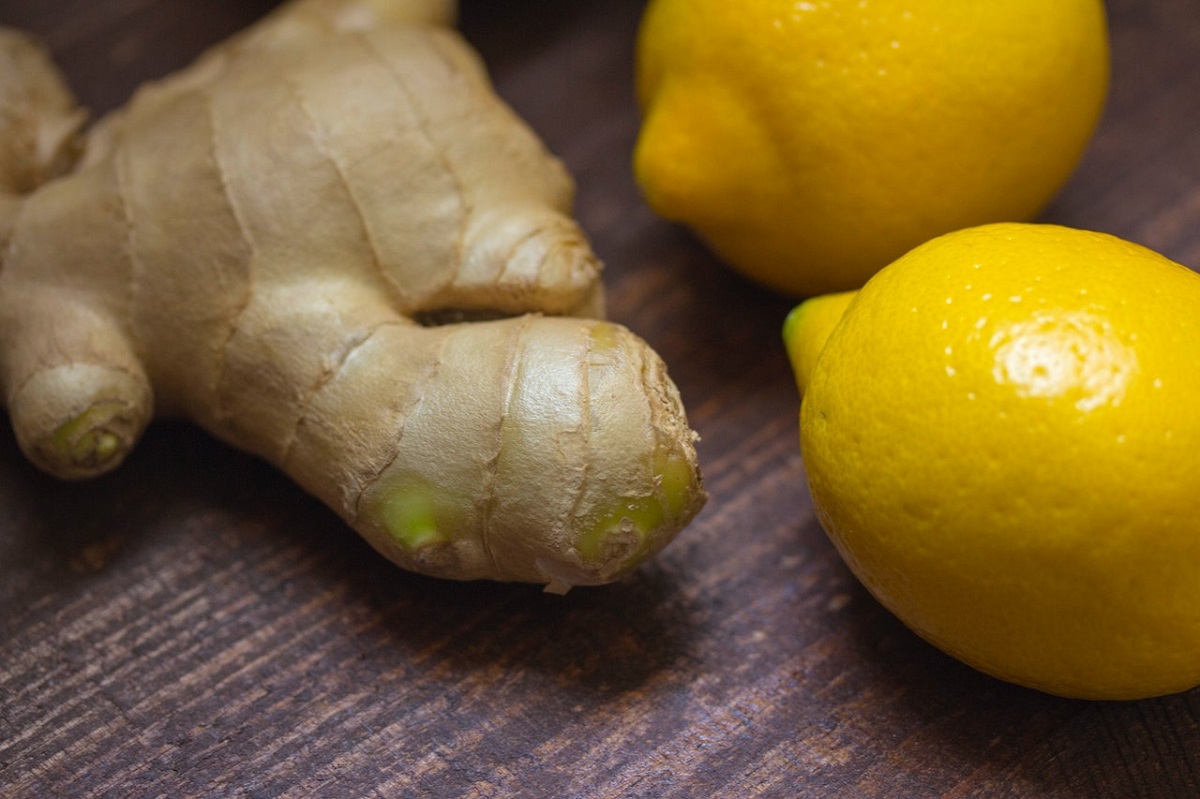In these uncertain times, keeping our health in check is as important as ever. However, it isn’t uncommon to feel under the weather, even at home. As many of us continue to work and learn from the comfort of our homes, we can still be exposed to common ailments like allergies, migraines, and even a cold, among other things.
And while some prefer to take medicine, others prefer to use natural remedies to help them ease any pain or discomfort they might be feeling. The best thing about these kinds of remedies is that they make use of things that most of us have at home, so you won’t have to worry about going out to the pharmacy to get any medicine.
From ginger to herbs like Fenugreek, here are a few effective home remedies you can use that are supported by science and help you feel better.
Honey
In ancient times, honey was used for various things, from embalming the dead to treating infected wounds. In fact, many medicines, especially in the Egyptian civilization, contained honey alongside wine and milk. Even now, people continue to use honey for different purposes, as it contains nutrients and antioxidants that are beneficial to your health.
Aside from being a slightly healthier alternative to refined sugars, honey is also used to help lower blood pressure, improve cholesterol, and speed up wound and burn healing, among other things. However, it’s most commonly used as a natural cough remedy for older kids and adults who are reluctant to swallow pills. Oftentimes, it’s mixed in with warm water and lemon or herbal tea to help soothe a sore throat and reduce coughing.
Ginger
Ginger is often used for cooking, but it’s also a popular remedy used to treat ailments like nausea, stomach pain, morning sickness, and even a cold. While it doesn’t contain any nutrients or vitamins, it has an abundant amount of antioxidants that can help reduce inflammation, improve digestion, support cardiovascular health, and even reduce your risk of getting cancer.

The best way to take advantage of the health benefits of ginger is to include it in your diet. While there are many ginger supplements and vitamins available, they aren’t as likely to make any significant impact on your health as having it in your food or beverages, especially if you’re looking to use it as a remedy for any ailments. For instance, boiling ginger and adding lemon and honey can help you ease your nausea and reduce any queasiness or pain you may be feeling.
Turmeric
If you’re of Middle Eastern, Southeast Asian, and Indian cooking, you’re probably familiar with this brightly-colored spice that’s often used for dishes like curry. Like the other ingredients on this list, this has been used since ancient times to treat swelling, sprains and even help with blood circulation. In recent years, studies show the spice being a superfood that can help ease depression, keep blood sugar levels at bay, and even help reduce PMS symptoms. It’s also commonly used for treating inflammation and pain.
Curcumin, a natural antioxidant that gives turmeric its vibrant color, is mostly responsible for turmeric’s health benefits, provides anti-inflammatory and even anti-aging effects, among other things. But like with anything else, too much of a good thing can easily become bad for our health. If you plan to use it for immediate pain relief, keep away from the spice itself and look into taking curcumin supplements instead. On the other hand, if you’re going to use it for its anti-inflammatory properties and to reduce the risk of contracting chronic illnesses, you can have one cup of a turmeric latte at most.
Fenugreek
Fenugreek, an herb commonly used in Mediterranean and Asian dishes, has various medicinal uses, allowing you to help with different ailments in the form of tea, supplements, or even a water-soluble fiber. Not only is the herb a great remedy for new moms who want to increase their milk production for breastfeeding, but it also helps those suffering from diarrhea by firming up stools.
Homeopathic Remedies
When natural remedies don’t work, some people turn to homeopaths to help them relieve their ailments through homeopathic remedies. These remedies often involve mineral, biological or botanical substances like onions, aloe, and witch hazel that are then classified into prescription or over-the-counter medicines. These homeopathic products are usually diluted in either water or alcohol to increase their effectiveness.
And while other people may be reluctant to try these types of products and think that they aren’t effective because the FDA does not regulate them, this isn’t necessarily true. Because they’re diluted, they’re less likely to harm your health, and you can even find homeopathic remedies that the FDA regulates in your local drugstore, co-op, or even health food store,
No one likes to get sick, especially in these uncertain times. This is why it’s important to keep an eye on our health by exercising regularly, eating healthy, and living an overall healthier lifestyle. However, there are times when we can’t avoid common ailments. Try these natural remedies when you’re feeling under the weather.
It’s also important to remember that while most home remedies don’t have any side effects, using them in excessive amounts can harm your health, so only take them as indicated. If you have any health issues that make you sensitive to certain ingredients or you’re taking medications for a certain illness, make sure to speak with your doctor before trying out any of these home remedies.

